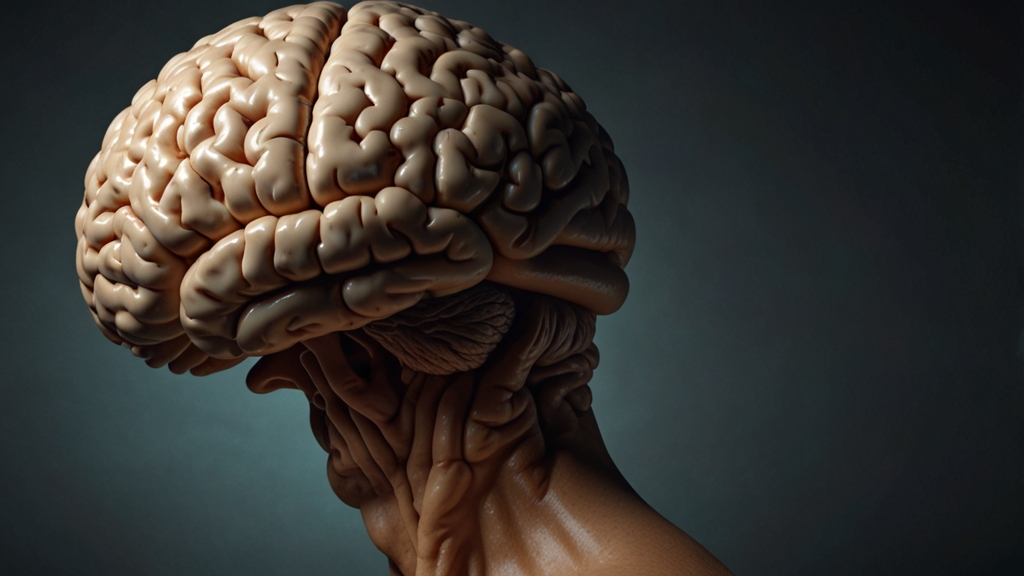Prophetic Dreams: Can They Really Predict the Future?
Have you ever woken up from a dream that felt so vivid and real that it nearly shook you to your core? Perhaps, days or weeks later, the events you dreamt of began to unfold in reality. This intriguing phenomenon is often referred to as a prophetic dream. But can these nocturnal visions genuinely predict the future, or are they merely the brain's way of processing information? Let's take a closer look at this captivating topic.
The Nature of Dreams
Dreams have fascinated humans for centuries. They are complex experiences that arise during the sleep cycle, particularly during the rapid eye movement (REM) stage. Dreams can range from mundane reflections of daily life to fantastical adventures. Scientists agree that dreams serve various functions, including emotional regulation, memory consolidation, and problem-solving. However, the idea of dreams as prophetic or clairvoyant continues to be a topic of cultural and scientific intrigue.
Historical Context
Throughout history, many cultures have ascribed meaning to dreams. Ancient civilizations like the Egyptians, Greeks, and Romans often believed that dreams were divine messages. Biblical texts also contain numerous references to prophetic dreams, such as Joseph’s dreams predicting famine in Egypt. These historical accounts suggest that belief in the predictive power of dreams is as old as human civilization itself.
"The future belongs to those who believe in the beauty of their dreams." - Eleanor Roosevelt
Scientific Perspectives
Modern science tends to approach dreams from a psychological and neurological standpoint. Researchers like Sigmund Freud and Carl Jung emphasized the importance of dreams in understanding the unconscious mind. According to Freud, dreams are the "royal road" to the unconscious, revealing hidden desires and fears.
From a neuroscientific perspective, dreams are considered byproducts of brain activity. The brain integrates various stimuli—including recent experiences, memories, and emotions—to create vivid narratives. Hence, some scientists argue that so-called prophetic dreams are simply coincidental or the result of cognitive biases like confirmation bias, where individuals remember dreams that seem to come true but forget those that do not.
"Dreaming permits each and every one of us to be quietly and safely insane every night of our lives." - William Dement
The Skeptics’ View
Skeptics often point out that prophetic dreams lack empirical evidence. They argue that the human brain is adept at finding patterns, even where none exist. Therefore, dreams that appear to predict future events may just be the brain's way of making sense of random or coincidental occurrences. Moreover, the majority of dreams are forgotten upon waking, making it difficult to verify whether a dream was truly prophetic or merely a fragment of imagination.
Support from Anecdotal Evidence
Despite scientific skepticism, anecdotal evidence continues to pour in from those who claim to have experienced prophetic dreams. These individual testimonies often describe dreams that accurately predict specific events, sometimes down to minute details. While such accounts are compelling, they remain personal and subjective, lacking the rigors of scientific verification.
Conclusion
So, can prophetic dreams really predict the future? The answer remains elusive. While science offers explanations rooted in neurology and psychology, countless individuals recount experiences that seem to defy rational explanation. Whether prophetic dreams are mere coincidences or glimpses into a hidden dimension of time, they undoubtedly add a layer of mystery to the human experience.
As with many phenomena that straddle the line between belief and empirical evidence, the interpretation of prophetic dreams ultimately rests with the individual. Whether you see them as divine messages, psychological insights, or mere coincidences, dreams continue to be a fascinating and enigmatic aspect of our lives.
"Dreams are often most profound when they seem the most crazy." - Sigmund Freud










